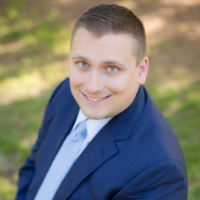Fillmore Wills & Probate Lawyer, California
Sponsored Law Firm
-
 x
x

Click For More Info:
-
Wade Law Group
84 W Santa Clara St Ste 750 San Jose, CA 95113» view mapWills & Probate Law Working With Excellent Attorneys
Our goal is to have our core areas of practice rank among the top in the legal community.
888-909-9430
Includes: Estate Administration, Living Wills, Wills
J. Caleb Donner
✓ VERIFIEDCaleb has a Bachelor of Arts degree from the University of California, Santa Barbara awarded in 1987. He graduated law school from Pepperdine Univers... (more)
Marc Thomas Mackenzie
✓ VERIFIEDI became an estate planning attorney because I want to help families. The legal system can be confusing and intimidating, but it doesn’t have to be.... (more)
John Paladin
✓ VERIFIEDJohn Paladin is a practicing attorney in the state of California. He received his J.D. from Thomas Jefferson School of Law.
Alice A. Salvo
✓ VERIFIEDAlice A. Salvo has over 20 years of experience in Probate, Estate Planning, Special Needs Trusts and Elder Law for Medi-Cal planning and long term car... (more)
David J. Crandall
FREE CONSULTATION
CONTACT Amiel Wade San Jose, CA
Amiel Wade San Jose, CA AboutWade Law Group
AboutWade Law Group Practice AreasExpertise
Practice AreasExpertise




